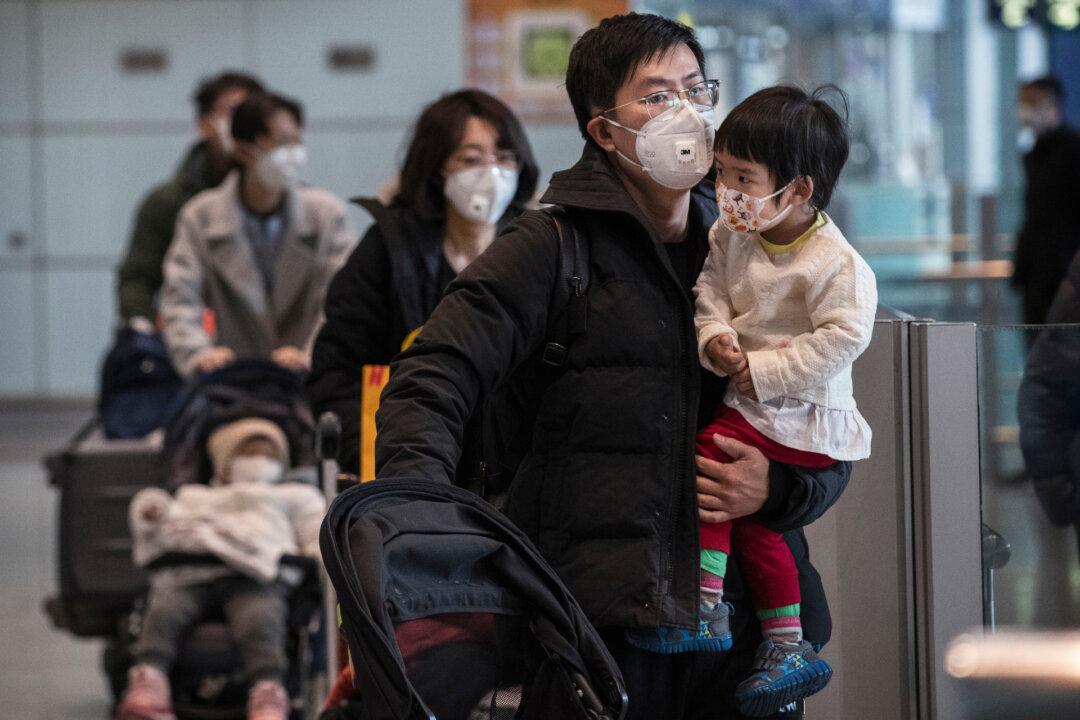A Chinese county near the coronavirus epicenter of Wuhan has taken drastic measures to contain the infectious disease.
On Jan. 29, the county of Xiangyin in Hunan Province announced a “six-level isolation” order to “advance ‘small unit battles’” in fighting the disease and “block off the transmission channels of the ... new coronavirus to a maximum level.”





